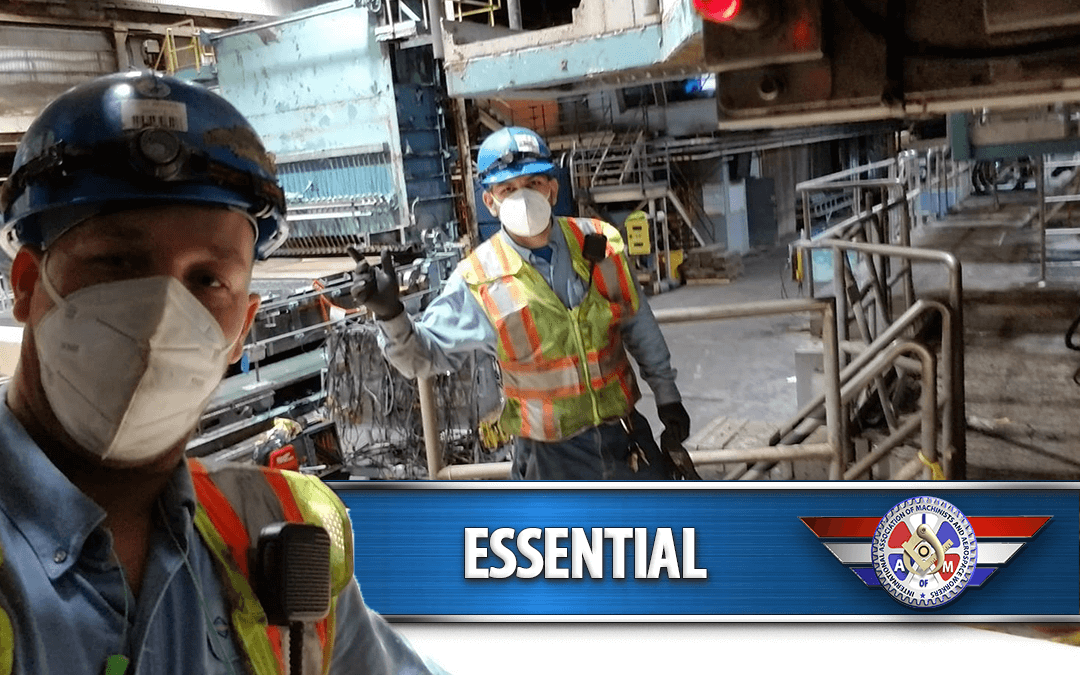
by Eric Price | Aug 10, 2020 | Airlines, COVID, Featured, Featured News, Front Page, GOIAM Stories, MNPL, Organizing, Row 2, Uncategorized
The IAMAW, along with a coalition of airline unions, is gaining momentum on Capitol Hill. After securing support from a bipartisan majority of the U.S. House, the IAM needs your help convincing the Senate that they must act now to save hundreds of thousands of airline...
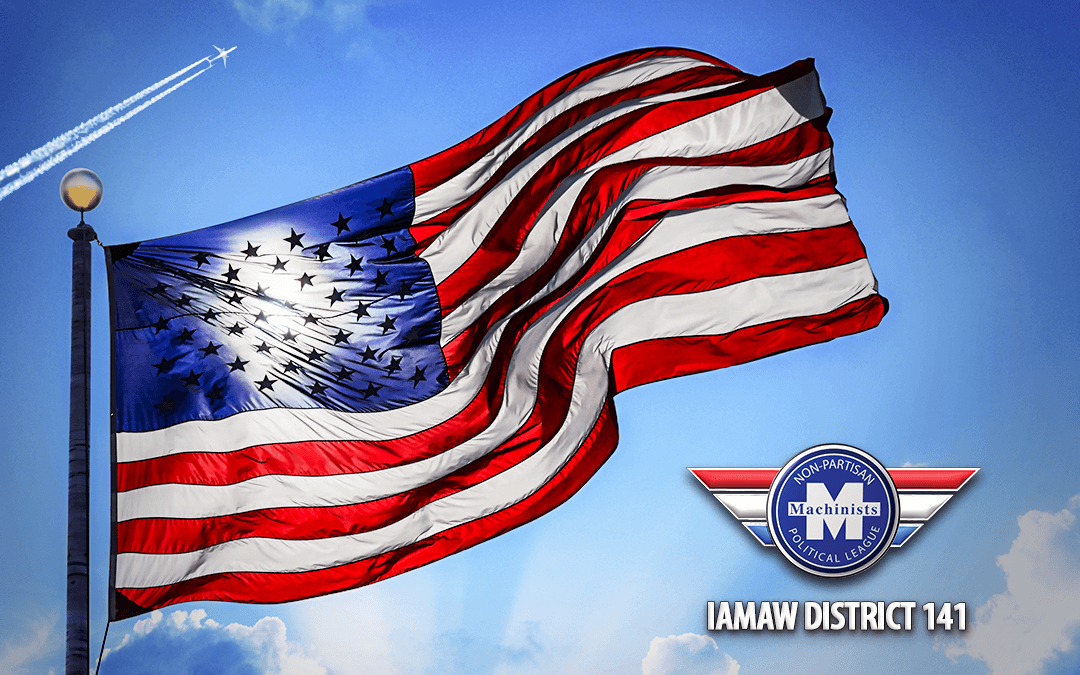
by Eric Price | Aug 6, 2020 | Airlines, American, COVID, Featured, Featured News, Front Page, MNPL, Organizing, United
A group of 16 Republican Senators sent a letter to Senate leaders supporting a measure that would provide $25 billion in additional payroll assistance to airlines. President Trump has endorsed the plan, clearing the way for an extension of the Payroll Support Program,...
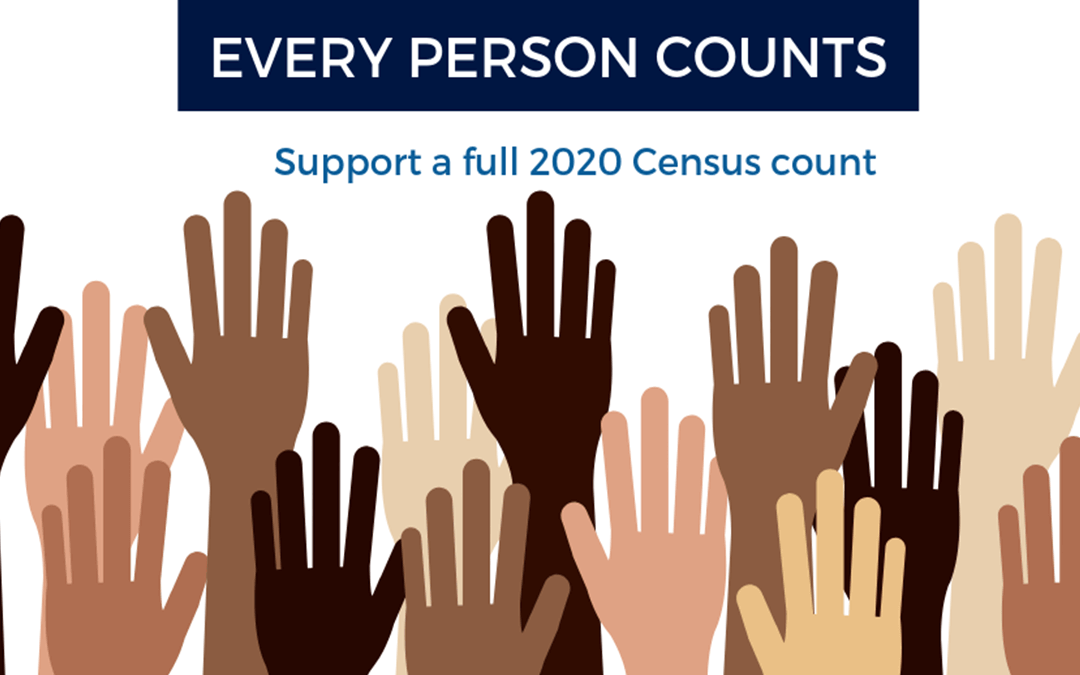
by Eric Price | Aug 5, 2020 | Featured, Featured News, Front Page, MNPL, Uncategorized
En Español /// The Census Bureau just announced they will end all efforts for a national count in September. Did you fill out your Census form? A Little History:The framers of the US Constitution chose to make a count of people, not land or wealth, to determine...
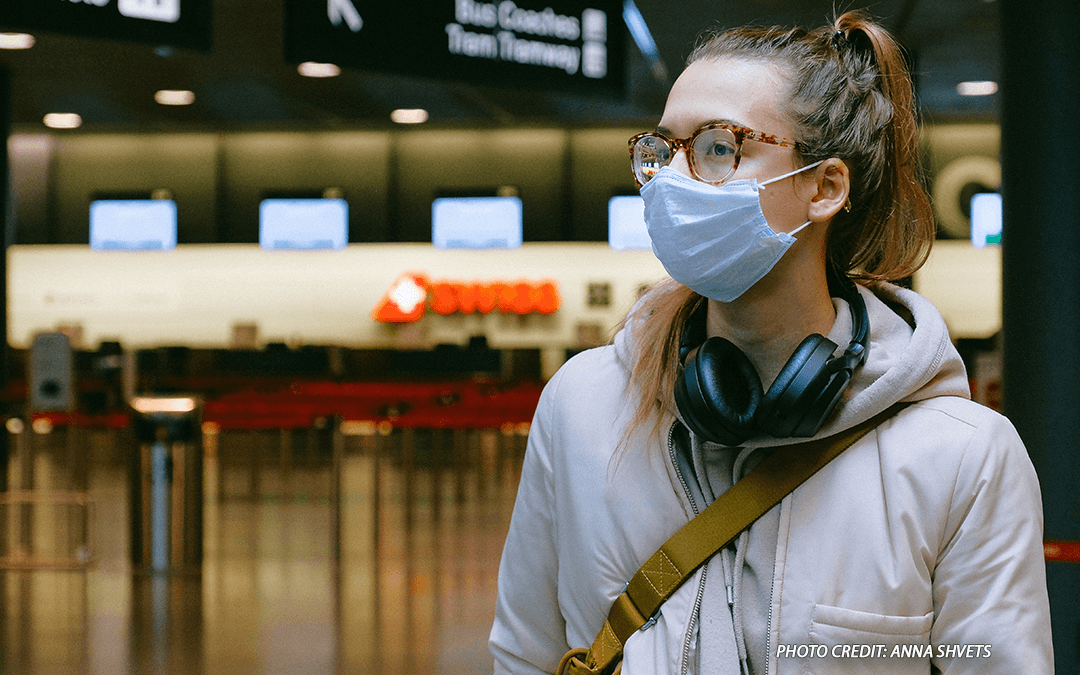
by Eric Price | Aug 4, 2020 | Airlines, COVID, Featured News, Front Page, MNPL, Row 2, Uncategorized
The Healthy Flights Act of 2020 protects passengers and also ensures pilots, flight attendants, and other airline employees are provided masks and other protective equipment, requires the development of a national aviation pandemic preparedness plan, and commissions a...
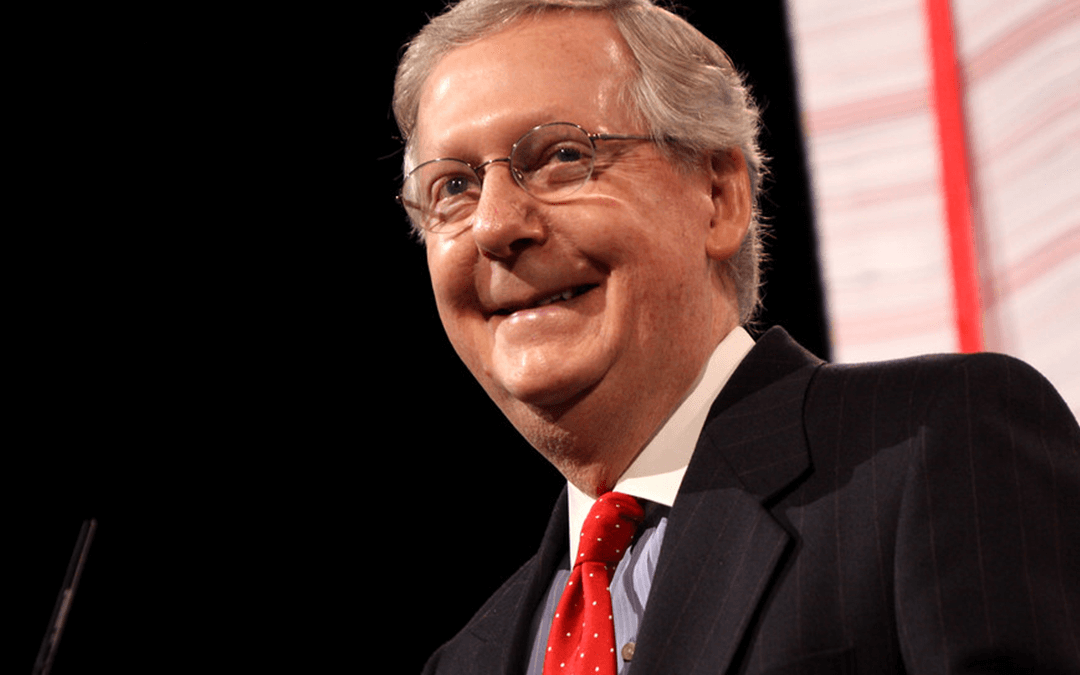
by Eric Price | Aug 3, 2020 | Airlines, American, COVID, Featured News, Front Page, GOIAM Stories, MNPL, Philippine, Row 2, Spirit, Uncategorized, United
The GOP has released the details of their latest COVID-19 relief legislation named the “HEALS Act.” The proposed legislation not only cuts unemployment benefits to the 20 to 30 million Americans who are currently out of work, but falls short in just about every area...
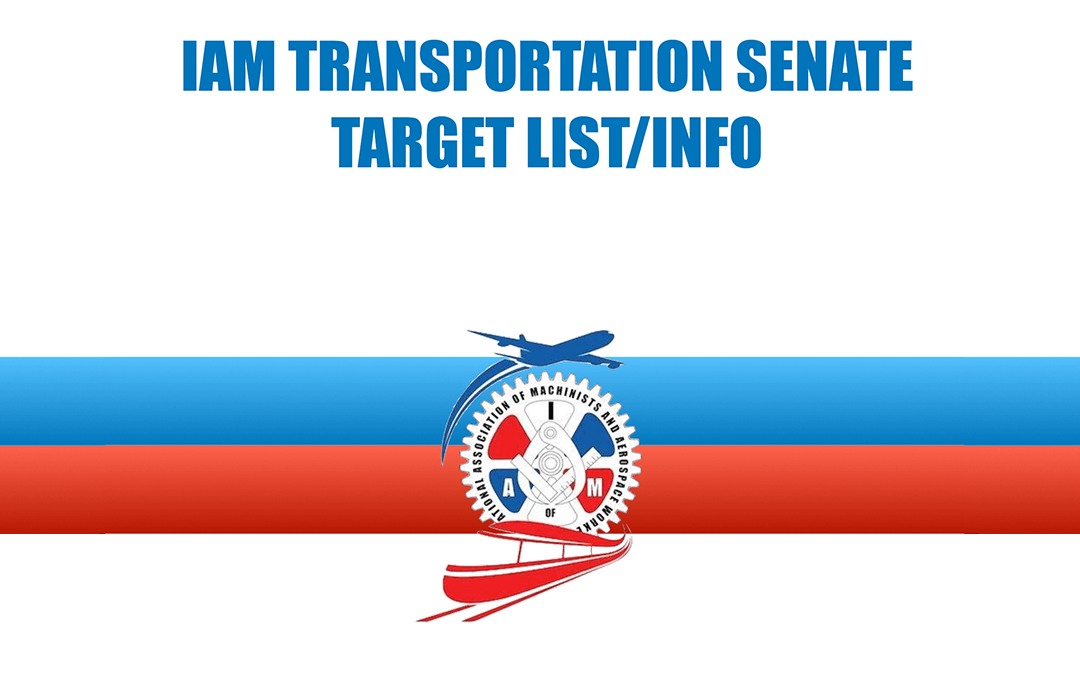
by Eric Price | Jul 30, 2020 | Airlines, American, Community Service Page, COVID, Featured, Featured News, Front Page, Hawaiian, Home, Mail Only, MNPL, Organizing, Philippine, Row 2, Spirit, United
Sisters and Brothers, As you know, Congress is currently negotiating another stimulus bill to address the economic impact of the coronavirus pandemic. I will be first to admit I didn’t think we had a chance to get an extension of the Payroll Support Program (PSP),...







